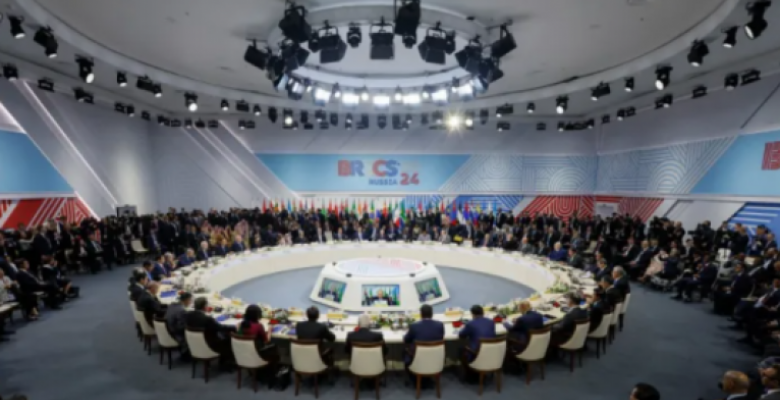EDITORIAL: BRICS+, a new path, an alternative for the people
especiales

It has been a historical decision, the BRICS+ alliance welcomed 13 new countries to participate as partner countries. The nations that join the alliance are: Algeria, Belarus, Bolivia, Cuba, Indonesia, Kazakhstan, Nigeria, Thailand, Turkiye, Uganda, Uzbekistan and Vietnam. The agreement was made at the 17th BRICS Summit, which was held in Kazan, Russia.
The BRICS+ group, composed of Brazil, Russia, India, China, South Africa and other countries that have recently joined, represents a strong alternative for many nations seeking a more balanced and fair international system. In a context where Western powers have historically exercised hegemonic leadership, the BRICS+ aims to promote a multipolar world, based on equality between nations and respect for sovereignty. Their proposal is based on cooperation and the creation of an economic structure that allows developing countries to chart their own paths, without depending exclusively on the rules imposed by a limited group of global actors.
One of the great contributions of BRICS+ lies in its commitment to the integration and development of nations in the so-called global south. Instead of following the path of traditional policies, which tend to concentrate power and wealth in a few hands, the group promotes infrastructure projects, investment in technology and economic cooperation measures that benefit developing nations. This agenda allows these nations to diversify their trade relations and find a place in the world economy, based on alliances with emerging powers.
The leadership of powers such as China is pivotal in this dynamic, as they advocate a shared vision that breaks with the dominant patterns of dependence and subordination. China, in particular, has promoted initiatives such as the New Silk Road, which strengthens trade and cultural ties between countries in Asia, Africa and Latin America, proving that integration is not only possible, but also viable and profitable. This perspective proposes diversifying the axes of global cooperation, highlighting the potential of each country and eliminating the unipolar vision that has prevailed for decades.
Thus, BRICS+ becomes an alternative that offers nations in the global south the opportunity to grow and develop from their own approaches and realities. At the same time, this initiative challenges the interests of traditional blocs and proposes a model based on mutual respect and collaboration. In a world that urgently needs a fairer balance of power, BRICS+ emerges as a symbol of hope for countries that are committed to peace, inclusive development and true multipolarity.
Translated by Sergio A. Paneque Díaz / CubaSí Translation Staff













Add new comment